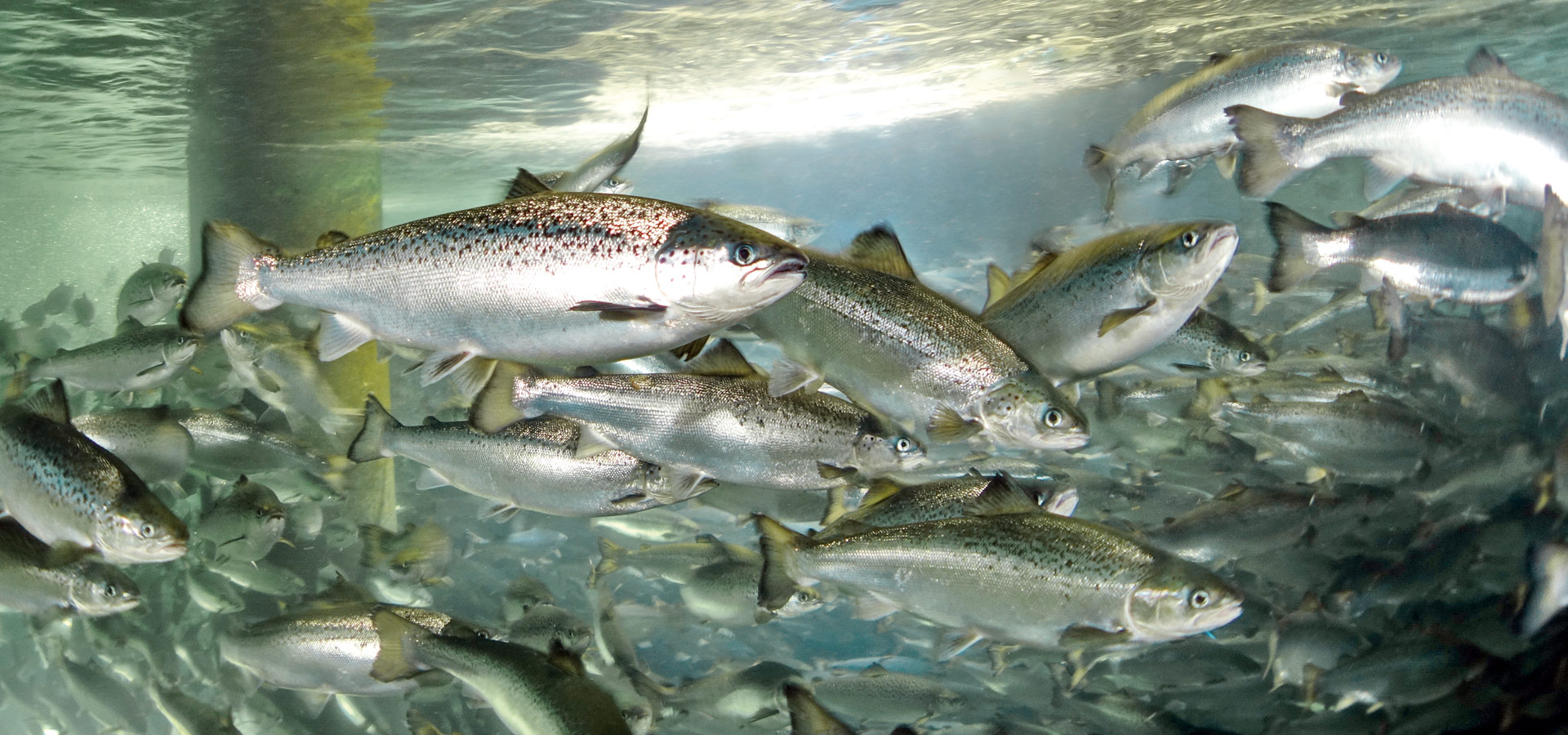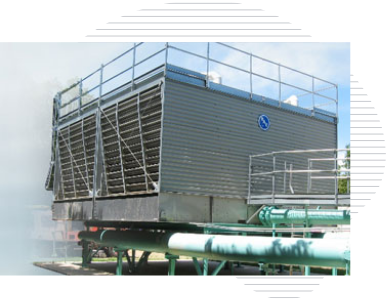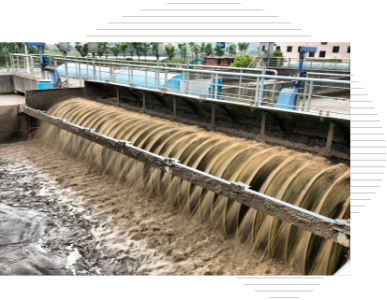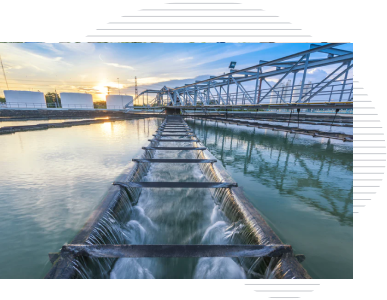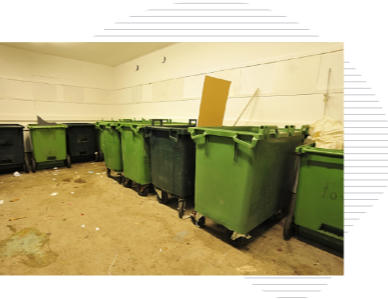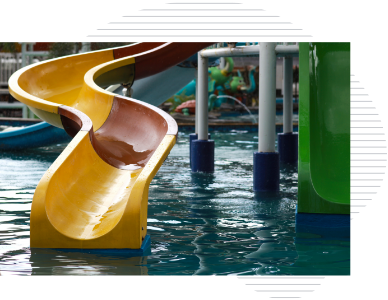Agri-food and ozone treatment
Ozone applications for air and water are becoming increasingly valuable in the agri-food industry due to their numerous economic and ecological benefits.
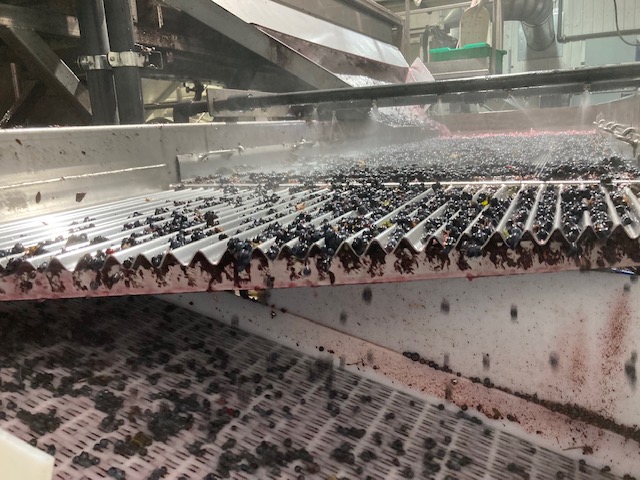
Ozone water treatment advantages in the agri-food industry
Compared to other methods of water disinfection, like chlorine treatment, ozone water treatment has a number of advantages. Ozone is a very potent oxidant that quickly neutralizes pathogens, bacteria and viruses. There is no need to store or transport hazardous chemicals because ozone is created on-site and as needed. Additionally, many harmful bacteria, including Norovirus, E. coli, and Salmonella, are neutralized by ozone, greatly enhancing the quality of the water.
Sustainable development
Since ozone is a tri-atomic molecule of oxygen contained in air, the process is completely sustainable. Ozone is produced on-site and is safe as well as effective. Its production can be adjusted as needed. Ozone water treatment is a long-term solution for enhancing water quality.
Economic and environmental benefits for numerous ozone applications
Ozone water treatment is becoming more and more prevalent in the agri-food sector due to its numerous financial and environmental advantages.
Ozone is used in the food industry for a variety of other purposes and has many advantageous properties. To find out more, call us today.
Have a question?
Other applications
Aquaculture
Our systems provide oxygen-rich water, free of harmful pathogens and algae, supporting better yields, stable water quality, and healthier aquatic environments.
Cooling Towers
Our systems reduce bacteria and control biofilm, prevents legionella, reduces chemical dosing, and enhances system efficiency. A smart solution for keeping your cooling systems clean, compliant, and cost-effective.
Water Reuse
Through advanced oxidation, ozone breaks down organic and mineral contaminants, reduces BOD/COD, and enables water reuse or compliant discharge—an essential tool for industries facing strict pollution control requirements.
Municipal Drinking Water
Ozonation replaces chlorine in disinfection, reducing by-products (like THMs and HAAs), eliminating emerging pollutants, and improving both taste and safety—while meeting regulatory standards.
Odor Control
Our ozone generators are widely used in pumping stations, treatment pits, factories, and HVAC systems to eliminate VOCs and industrial odors at the source—without masking. A compliant, community-friendly solution.
Public Aquariums
Ozone treatment ensures crystal-clear water and reliable control of bacteria and parasites, all without chemical residues. It also improves indoor air quality for visitors and staff.
Waterparks & Public Pools
Say goodbye to harsh chemicals. Ozone disinfection is fast, and residue-free, providing clean, safe water for pools, slides, and attractions. It improves user comfort and reduces operating costs.

